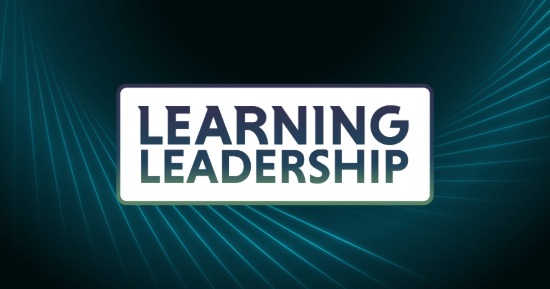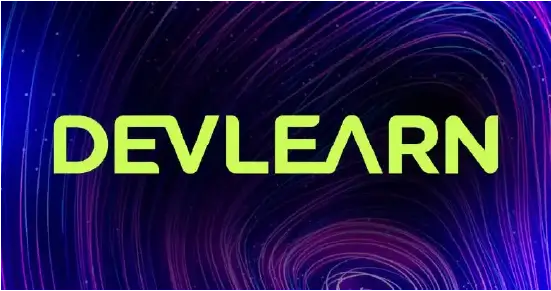Did you know youthat both your salary and job satisfaction are likely to increase ifyou have a mentor? You will also have a 62% greater chance of careerenhancement and promotions.
Companies that havementor programs report a 77% increase in retention, which translatesdirectly to the bottom line because the estimated cost of losing anemployee, and recruiting, selecting, and training a replacement, is1.5 times their annual salary. Combining mentoring with coachingincreases productivity by 88%.
As e-Learning is arelatively new field, finding a traditional mentor who hassignificantly more experience, years on the job, or years in life isnot as easy as it is in more established work arenas. However, amentor relationship doesn’t have to be a formal or traditional one.It can range from being a casual arrangement for the duration of aproject, to a formal long-term arrangement with regular meetingtimes.
Some personal experience
I have had the goodfortune to have five mentors in my life. I had a differentrelationship, arrangement, and need with each one. Three of the fivementors were peers who happened to have experience that was relevantto my specific needs as I was in the midst of career and job changes.We never had a formal arrangement or used the word “mentor” todescribe their role.
All of my mentorsmade a huge difference in helping me set and achieve my goals, and Iam eternally grateful for their generosity and assistance. I alsohave both formally and informally mentored several people myself.Giving back for all the help I received was both personally andprofessionally rewarding.
How do mentors help, and how do youfind one?
In my opinion,informal mentoring is just as effective as formal mentoring if notmore effective. If your organization does not have a formal mentorprogram, find an informal mentor. A mentor might help in thefollowing ways:
Making a job or career change
Seeking a promotion or raise
Navigating the politics or unwritten rules of a team or organization
Building a better relationship with a challenging boss or teammate
Optimizing performance on a project
Whether you’restruggling with a difficult situation or have a goal in mind such asbecoming the next Chief Learning Officer, I strongly encourage you toseek out some guidance from a trusted colleague. Asking someone to beyour mentor might feel like an overwhelming request for both of you.If it does, start with a simple request for assistance with aparticular project or problem and then see how it evolves from there.The person you choose should be someone whom you respect assuccessful, and who has experience that is relevant to your need. Ialso recommend you turn to someone you know personally and whosecompany you enjoy. That makes the journey more fun along the way.
Reference
Miles Gray, Marilynne. 2005 Survey of Mentoring Statistics &Research.https://www.mentoring-solutions.com/Mentoring%20Statistics%20WhitePaper%202005.pdf










